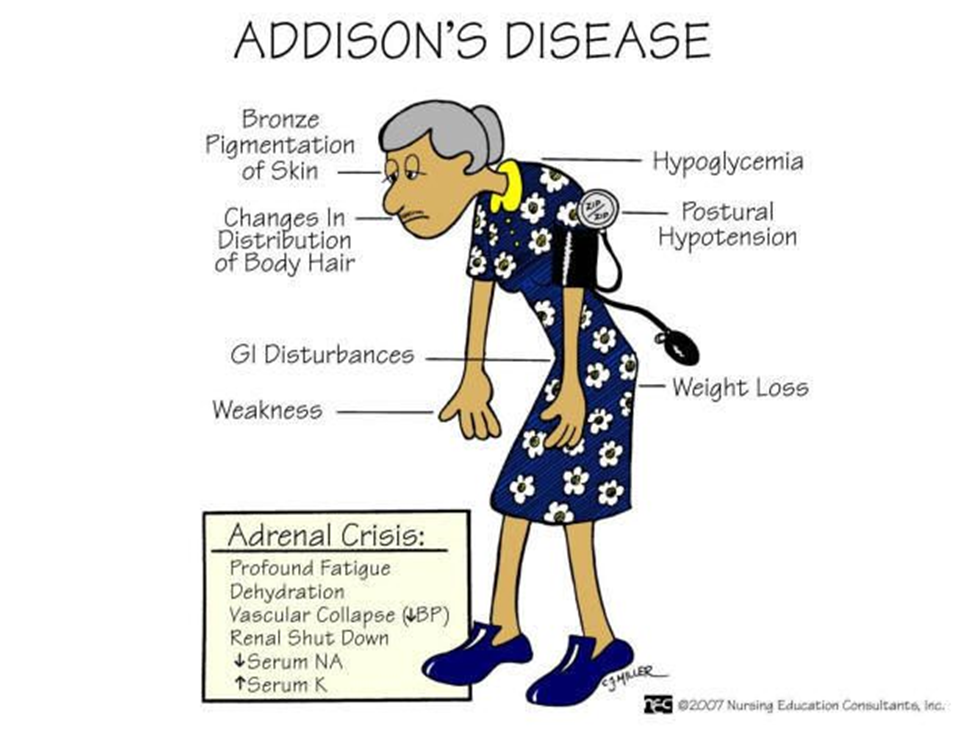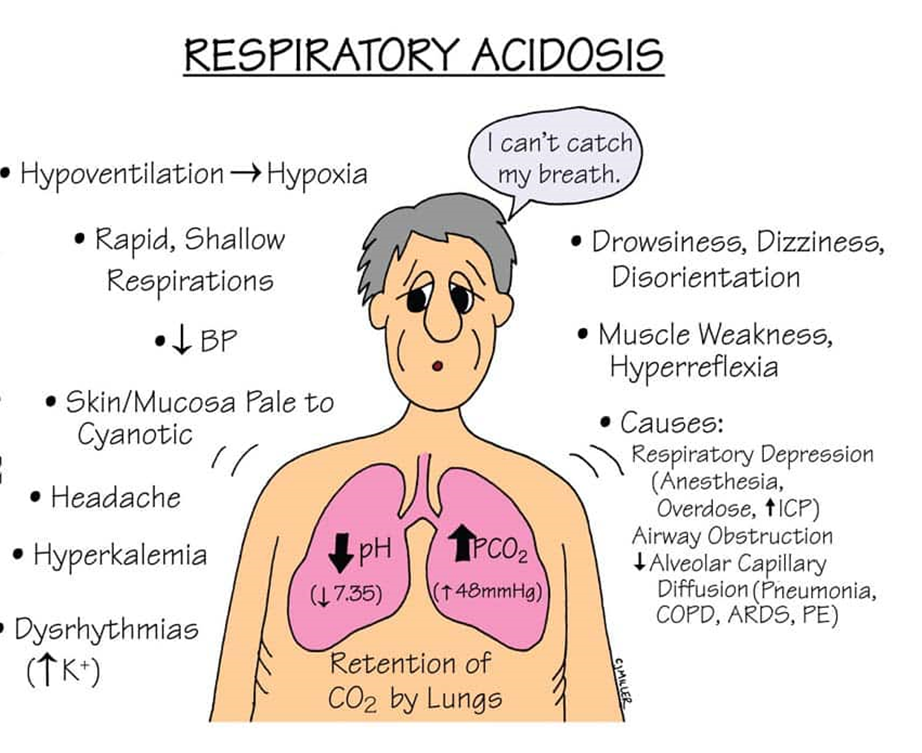A nurse is assessing a client who has diabetes for the presence of peripheral neuropathy. The nurse should question the client about what sign or symptom that would suggest the possible development of peripheral neuropathy?
Persistently cold feet
Acute pain, unrelieved by rest
The presence of a tingling sensation
Pain that does not respond to analgesia
The Correct Answer is C
A. Persistently cold feet:
This may be a sign of poor circulation, which is more associated with peripheral vascular disease than neuropathy.
B. Acute pain, unrelieved by rest:
Acute pain is not typically associated with peripheral neuropathy. Neuropathic pain is often chronic and may include sensations like tingling or burning.
C. The presence of a tingling sensation:
This is correct. Tingling sensations, along with numbness and pain, are common symptoms of peripheral neuropathy in diabetes.
D. Pain that does not respond to analgesia:
While neuropathic pain can be challenging to manage, the primary focus is on the characteristic nature of the pain (tingling, burning) rather than its response to analgesics.
Nursing Test Bank
Naxlex Comprehensive Predictor Exams
Related Questions
Correct Answer is ["B","C","E"]
Explanation
A. Buffalo hump:
Explanation: A buffalo hump is associated with excess cortisol, which is not a typical manifestation of Addison's disease. Instead, patients with Addison's disease may experience weight loss and muscle wasting.
B. Hyponatremia:
Explanation: Correct. Hyponatremia (low sodium levels) can occur in Addison's disease due to the loss of aldosterone, which plays a role in sodium and water balance.
C. Decreased glucose level:
Explanation: Correct. Addison's disease can lead to hypoglycemia (low blood glucose levels) because cortisol, which is important for maintaining blood glucose, is deficient.
D. Weight gain:
Explanation: Weight gain is not a typical manifestation of Addison's disease. Instead, weight loss and muscle wasting may occur.
E. Craving for salt:
Explanation: Correct. Addison's disease can lead to salt craving, as aldosterone deficiency results in increased sodium loss and potassium retention.

Correct Answer is ["C","E"]
Explanation
A. Asthma:
Explanation: Asthma is associated with respiratory alkalosis, not respiratory acidosis. In asthma, there is often hyperventilation leading to a decrease in carbon dioxide levels.
B. Hyperventilation:
Explanation: Correct. Hyperventilation can cause respiratory alkalosis, not respiratory acidosis. It leads to a decrease in carbon dioxide levels.
C. Chronic obstructive pulmonary disease (COPD):
Explanation: Correct. Conditions like COPD can lead to respiratory acidosis. In COPD, there is impaired ventilation, leading to an accumulation of carbon dioxide.
D. Renal insufficiency:
Explanation: Renal insufficiency is not a direct cause of respiratory acidosis. Respiratory acidosis is primarily related to respiratory system dysfunction.
E. Pneumonia:
Explanation: Correct. Pneumonia can cause respiratory acidosis. In pneumonia, there may be difficulty in eliminating carbon dioxide due to impaired gas exchange.

Whether you are a student looking to ace your exams or a practicing nurse seeking to enhance your expertise , our nursing education contents will empower you with the confidence and competence to make a difference in the lives of patients and become a respected leader in the healthcare field.
Visit Naxlex, invest in your future and unlock endless possibilities with our unparalleled nursing education contents today
Report Wrong Answer on the Current Question
Do you disagree with the answer? If yes, what is your expected answer? Explain.
Kindly be descriptive with the issue you are facing.
